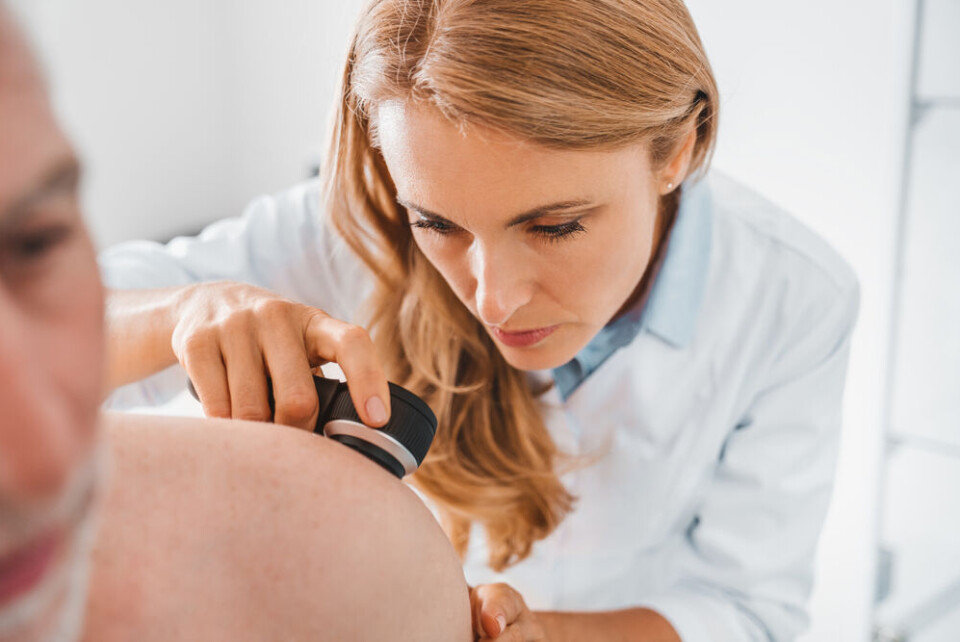-
E-cigarettes pose health risks, warns France’s health watchdog
The devices have “possible medium- and long-term” health effects, the warning says
-
French MPs vote in favour of renewed recognition of UK medical degrees
Post-Brexit rules mean UK degree holders have been limited in their ability to work in France
-
Death after sex on work trip classified as workplace accident under French labour law
Judges said: “To have sexual relations is part of everyday life, like taking a shower or having a meal.”
Long wait for dermatologist appointments in France
Almost one in two people have given up seeking treatment and many face mental health issues due to skin conditions

It now takes on average three months to see a dermatologist in France, a recent study claims.
The long waiting lists mean that half of all people needing some form of skin treatment forgo it.
The survey, published last week by Ifop*, also says 73% of French people believe access to a dermatologist has become more difficult in the country.
Alongside the increased risk of mental health problems from dermatological issues – not to mention the health issues themselves – the study also said screenings for skin cancer have become slower over the last ten years.
Less than 4,000 dermatologists in France
The study compares waiting times to see a dermatologist in 2013 and 2023.
Ten years ago, the average waiting time for a dermatologist appointment was 41 days. Now it has more than doubled to over three months.
Although one in two people say they have stopped seeking treatment for skin issues because of waiting times, for people with eczema this shoots up to 90%.
The study cites the long waiting times as one of the main reasons people stop receiving treatment.
It also says that the lack of dermatologists available geographically across France – and the failure to replace dermatologists who have retired – are further issues.
In 2022 there were only 3,752 dermatologists across the entire country, according to Profil Médecin.
These were largely concentrated in the Île-de-France and Paca regions, leaving a shortage in more rural areas.
Can cause self-confidence issues
One of the main knock-on effects from the long waiting times is the lowered self-confidence levels from those facing skin issues.
Whilst around one in three people in France have a dermatological issue, one in two are self-conscious about how their skin looks.
For women, the results are even worse – 45% of those surveyed say they have not posted a picture on social media because of the way their skin looks in the photo they wanted to share.
For those suffering with severe atopic dermatitis, the figure jumps to 80%.
Almost seven in ten people with a skin disease have increased social anxiety because of the way their skin looks, fearful they may be made fun of for how they look.
Amongst teenagers, it is even worse: 73% of those with eczema at school said they were bullied for how their skin looked.
*Study conducted by Ifop for pharmaceutical company Sanofi using an online questionnaire from 21 to 24 July 2023, of 2,011 people aged 15 and over, including 1,678 people affected or who have been affected by a skin disease.
Read also
Call for an unlimited GP doctors’ strike in France from October 13
France moves Covid booster date forward: what does the data show?
























